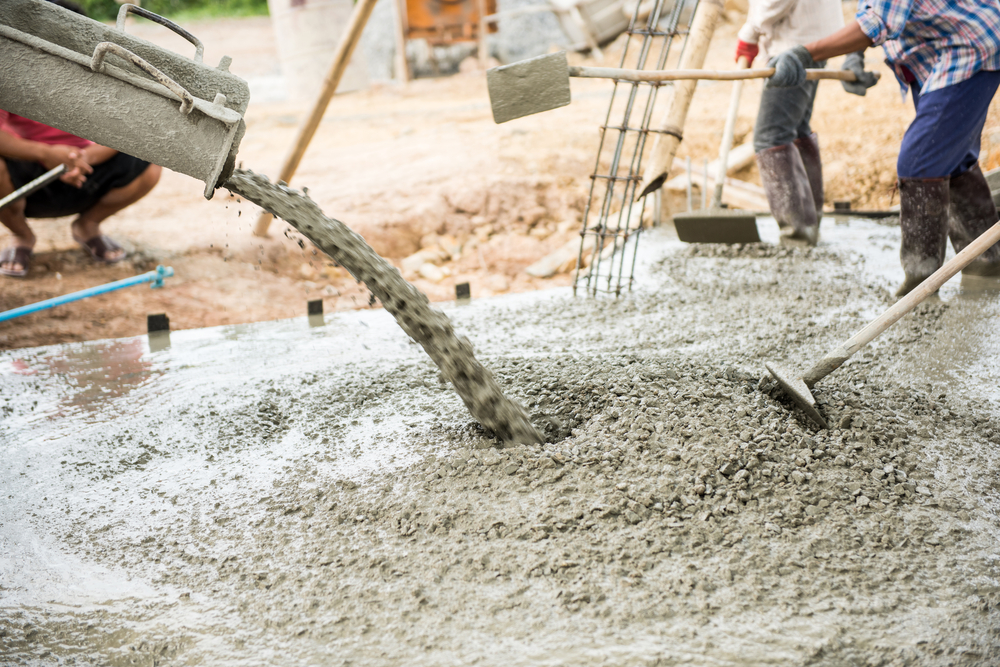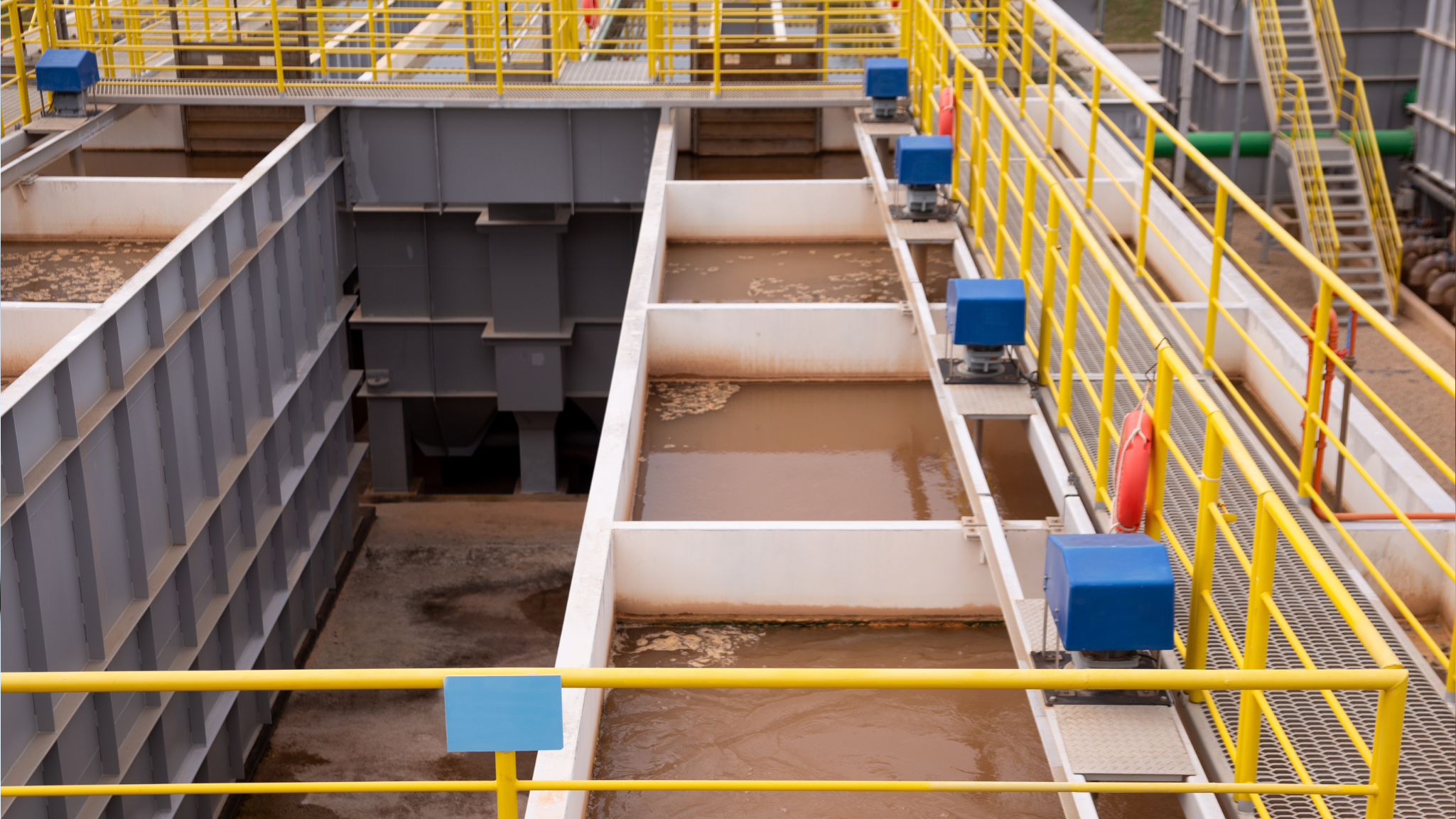Introduction
Scale inhibitors are vital chemicals used in well operations, particularly in oil and gas extraction. They play a crucial role in preventing the formation of scale deposits, which can significantly hinder the efficiency of well operations. This article discusses the importance, types, and applications of scale inhibitors in well maintenance.
Understanding the Role of Scale-Inhibitors
Scale formation in wells, caused by the precipitation of mineral salts, can lead to blockages, reduced flow, and increased maintenance costs. Scale inhibitors are designed to prevent these deposits by interfering with the scale formation process. Their use is essential in maintaining optimal flow and prolonging the lifespan of well equipment.
Question 1: What is the function of scale-inhibitors in wells, and why are they important?
H3: Answer 1: Scale-inhibitors are used to prevent the formation of mineral scale deposits in wells. They are essential for maintaining unobstructed flow, reducing maintenance needs, and extending the lifespan of well equipment.
Types of Scale Inhibitors and Their Applications
There are various types of scale inhibitors, including phosphonates, polyacrylates, and sulfonates, each suited for different conditions and types of scale. The choice of a scale inhibitor depends on factors such as the composition of the water, temperature, pressure, and the nature of the minerals present. Selecting the right type is crucial for effective scale prevention.
Challenges in Scale Inhibition
Implementing scale inhibitors in well operations is not without challenges. These include ensuring compatibility with other chemicals used in the well, adapting to varying operational conditions, and addressing environmental concerns. Moreover, the development of scale inhibitor resistance over time necessitates continuous monitoring and adjustment of treatment strategies.
Innovations in Scale Inhibition Technology
Recent advancements in scale inhibition technology focus on developing more effective, environmentally friendly, and cost-efficient products. Innovations include the development of “green” scale inhibitors, which are less harmful to the environment, and the use of advanced monitoring and control systems to optimize inhibitor dosing and efficiency.
FAQ
What challenges using scale inhibitors in well operations?
Key challenges are chemical compatibility, adapting to diverse operational conditions, environmental considerations, and the potential for scale inhibitor resistance, necessitating ongoing monitoring and strategy adjustments.
What are the different types of scale-inhibitors used in wells, and how is the appropriate type chosen?
Common types of scale-inhibitors include phosphonates, polyacrylates, and sulfonates. The choice depends on water composition, temperature, pressure, and mineral types, ensuring effective scale prevention
How have technological advancements impacted the field of scale inhibition?
Technological advancements have led to the creation of environmentally friendly (“green”) scale inhibitors and advanced monitoring systems for optimized dosing, enhancing efficiency and reducing environmental impact.
Environmental and Regulatory Considerations
Technological advancements in the field of scale inhibition have resulted in the development of environmentally friendly (green) scale inhibitors and advanced monitoring systems for optimized dosing, enhancing efficiency, and reducing environmental impact.
The use of scale inhibitors in wells is subject to strict environmental and regulatory standards. These standards ensure that the chemicals used do not adversely affect the environment and comply with health and safety regulations. The industry is thus inclined towards developing and using scale inhibitors that are effective yet have minimal environmental impact.
Conclusion
Scale inhibitors are an indispensable tool in well operations, particularly in the oil and gas industry. They are essential for preventing scale formation, ensuring the smooth functioning of wells, and reducing maintenance costs. With ongoing technological advancements and a focus on environmental sustainability, scale inhibitors continue to evolve, offering more efficient and eco-friendly solutions in well maintenance.




